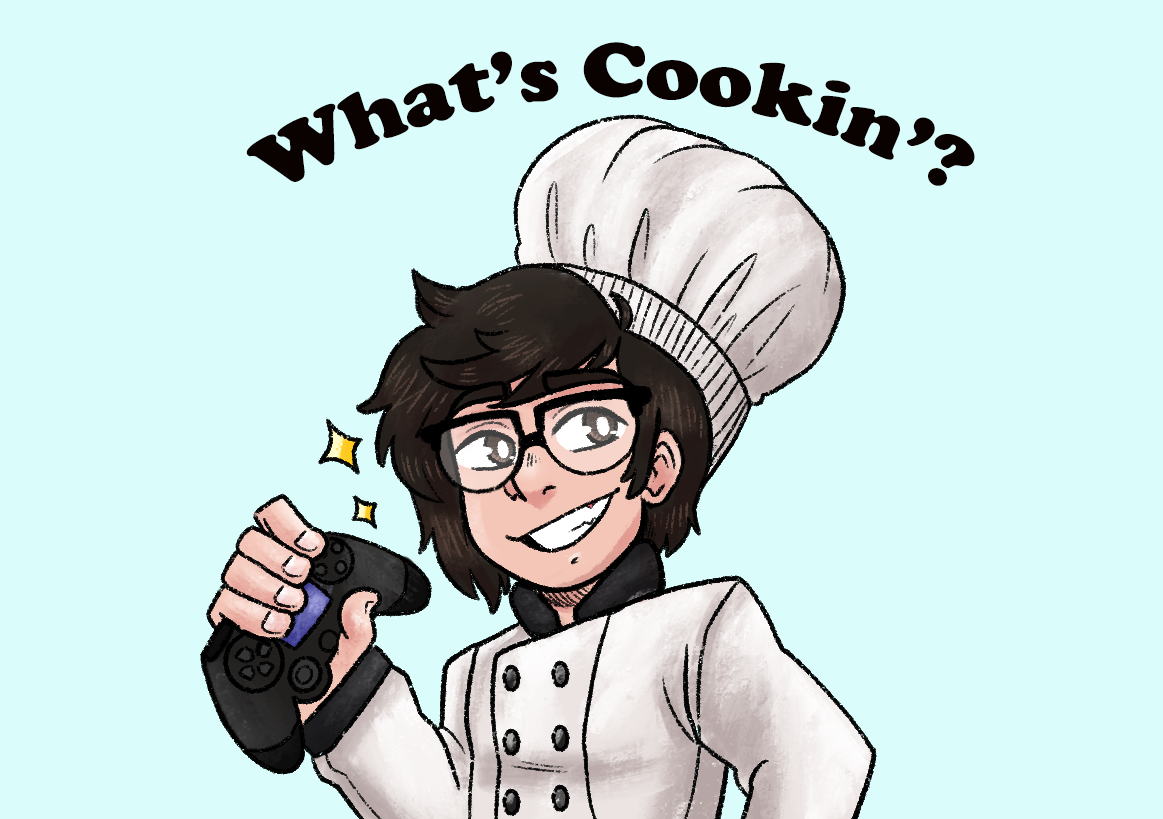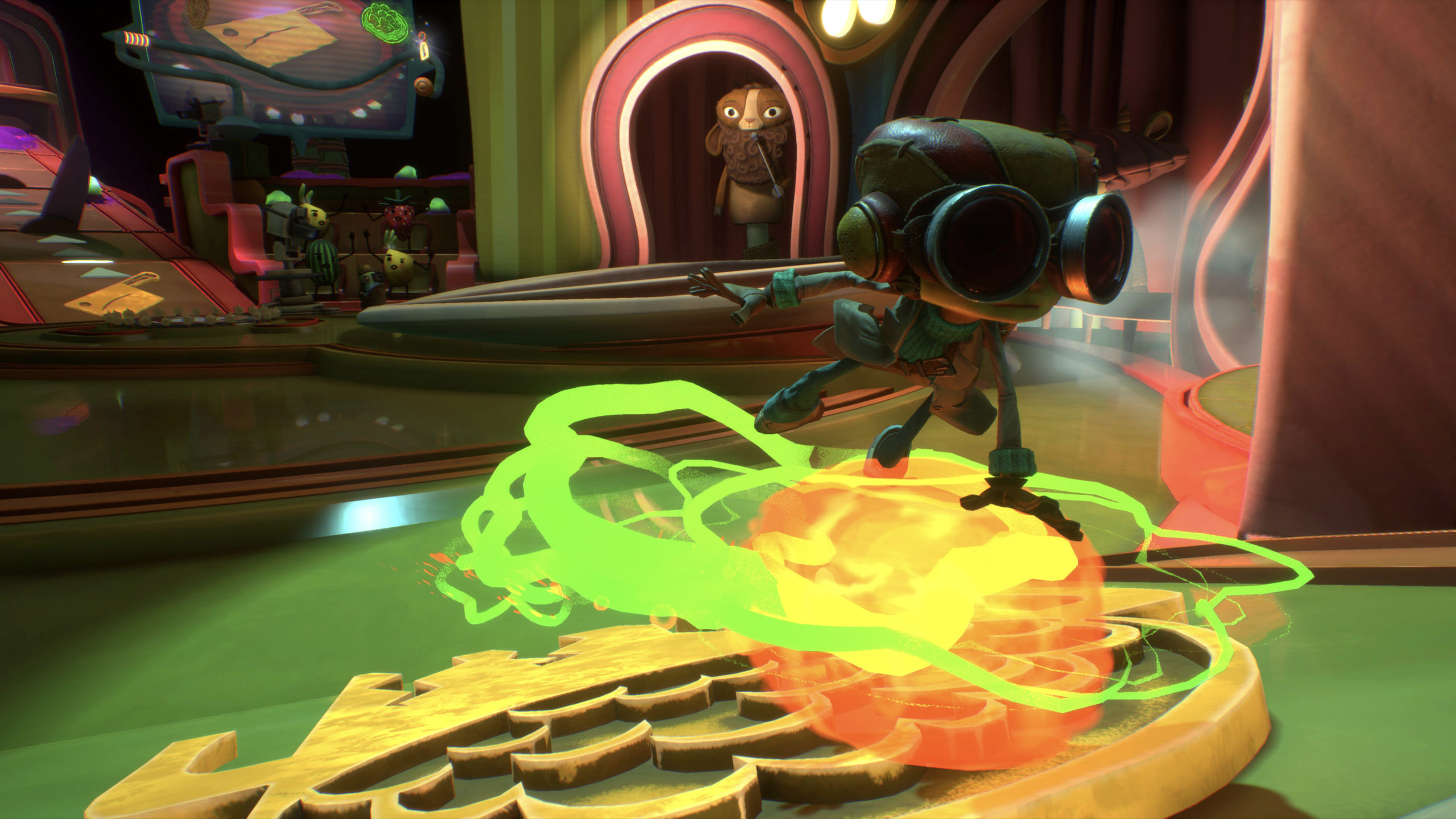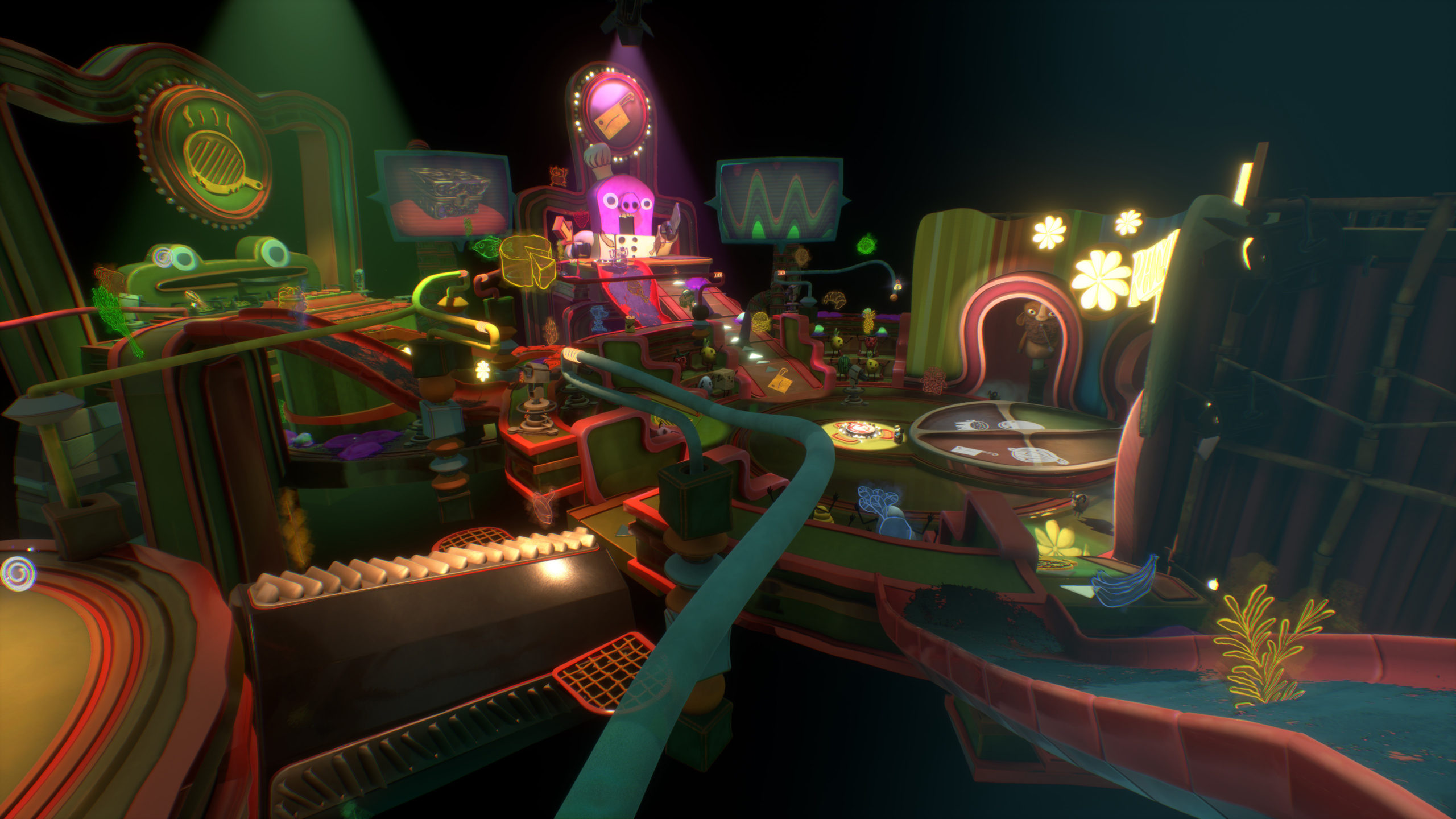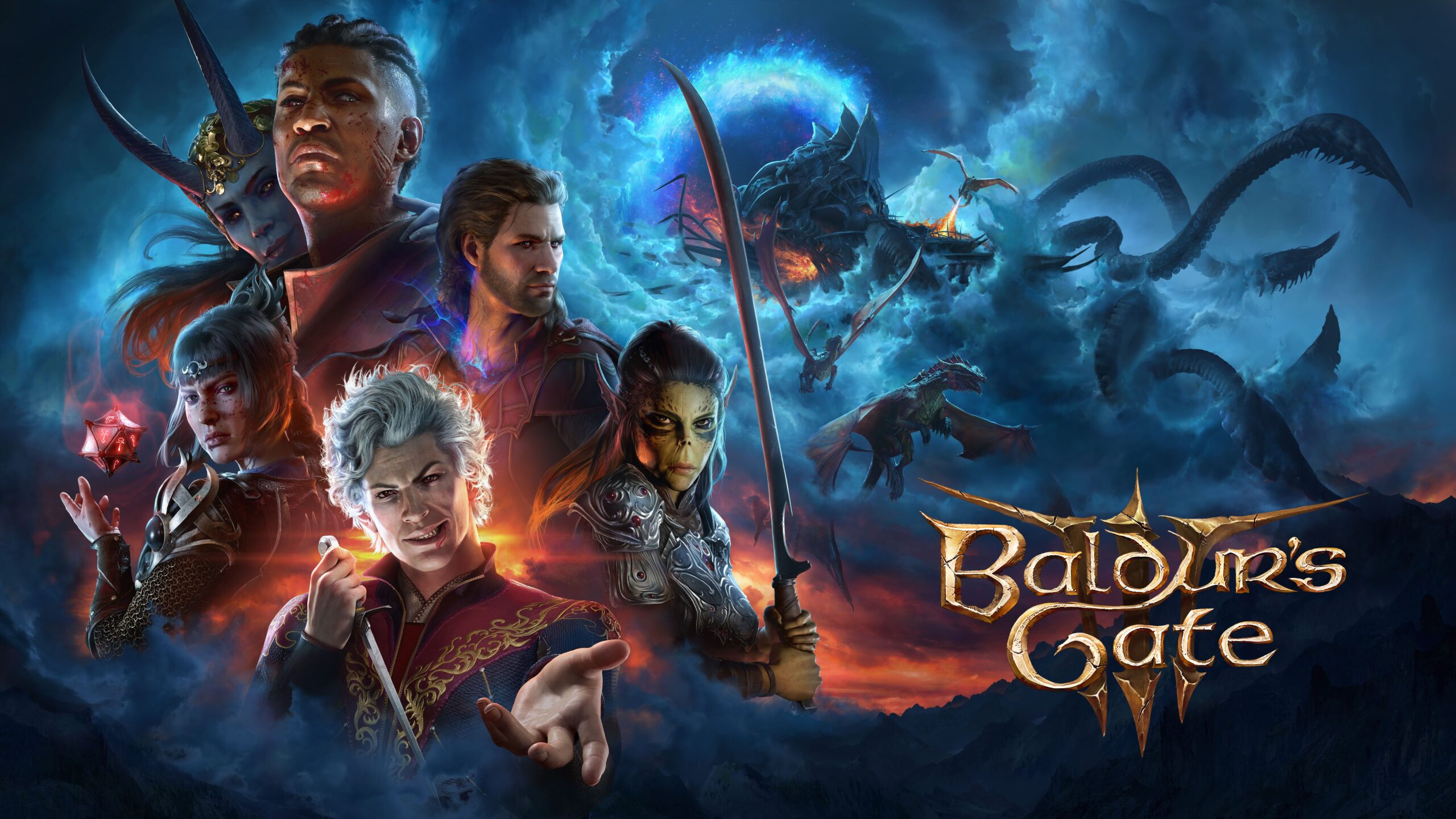
What’s Cookin’?: Psychonauts 2’s Cooking Competition is a Recipe for Recovery
One of the most frustrating levels in Psychonauts 2 is its mindscape cooking competition show. It’s a game show in every sense, channeling the vibes of programs like Family Feud and Supermarket Sweep. Raz finds himself inside the mind of one of his idols, Compton Boole, a founder of the Psychonauts, and has to help him get through the competition. To win, you have to grab the various food items in the audience using your telekinesis and cook them the way the recipe you’re given at the start of each round demands.
Doing so is not nearly as easy as it sounds. You’re given a timer to complete the meal, and Boole frets and stresses the whole time you awkwardly drag a giggling egg to the boiling pot or a whooping strawberry to the blender (they’re excited to be cooked, for the record). Traversing this stage is tricky, as there are traps galore, and you have to hang on to your ingredient as you go, or risk starting over. Telekinesis isn’t exactly a precision power, so transporting the food you need can often be a chore. But the thing that makes this level so brilliant is the realization, that in actuality, there is no pressure.

The time limit you’re given only correlates to whether or not you get an extra prize after each round. When it comes to the cooking challenge itself, it doesn’t matter at all. You can take all the time in the world to assemble your dish properly, try as many times as you need to prepare your ingredients according to the recipe. All of the pressure, anxiety, and resentment depicted in this level are all coming directly from Boole, and the time limit, along with the judges’ sarcastic compliments and harsh judgements, are how those feelings manifest mechanically.
In a game like Overcooked, the tension comes from the tangible punishments you face for failure, like angry customers, lost tips, and lower star ratings. The way Pyschonauts 2’s cooking competition is presented to you, it seems to be a similar deal. But by actually playing, making mistakes, and starting over, the reality of what’s going on comes into focus.

Rather than trying to translate feelings or mental issues to game mechanics on a one to one basis, Pyschonauts 2 instead leans harder into the fact that it is a game, and therefore there are more verbs in both the writer and player toolbox to explore what each character is feeling. As you run down your time limit, or present a correctly prepared dish, it becomes apparent that Boole has a warped and distrustful relationship with a lot of his peers based on their expectations for him. But those expectations don’t play into the actual game within the game, and Raz is able to show Boole that.
Aside from encouraging Boole to take breaks between rounds, Raz shows Boole that they can play at their own pace, and that ultimately the other Psychonauts’ expectations, or what Boole believes them to be, don’t actually matter. The doom, the bad feelings, the paranoia about others, all those things really are just in Boole’s head, but the game doesn’t make that a joke or a weakness.
Instead, it uses Raz as an outside perspective to help Boole realize that he can change the way he sees himself and his competence, all by playing the cooking game and winning, even without playing by the rules of the time limit. The mechanics are clunky and awkward, but that only adds to the reality that doing something in spite of your anxiety often feels like being a guest in your own body. Psychonauts 2 captures the hectic nature of a kitchen/cooking game, and uses it to make a statement about perception and recovery.





